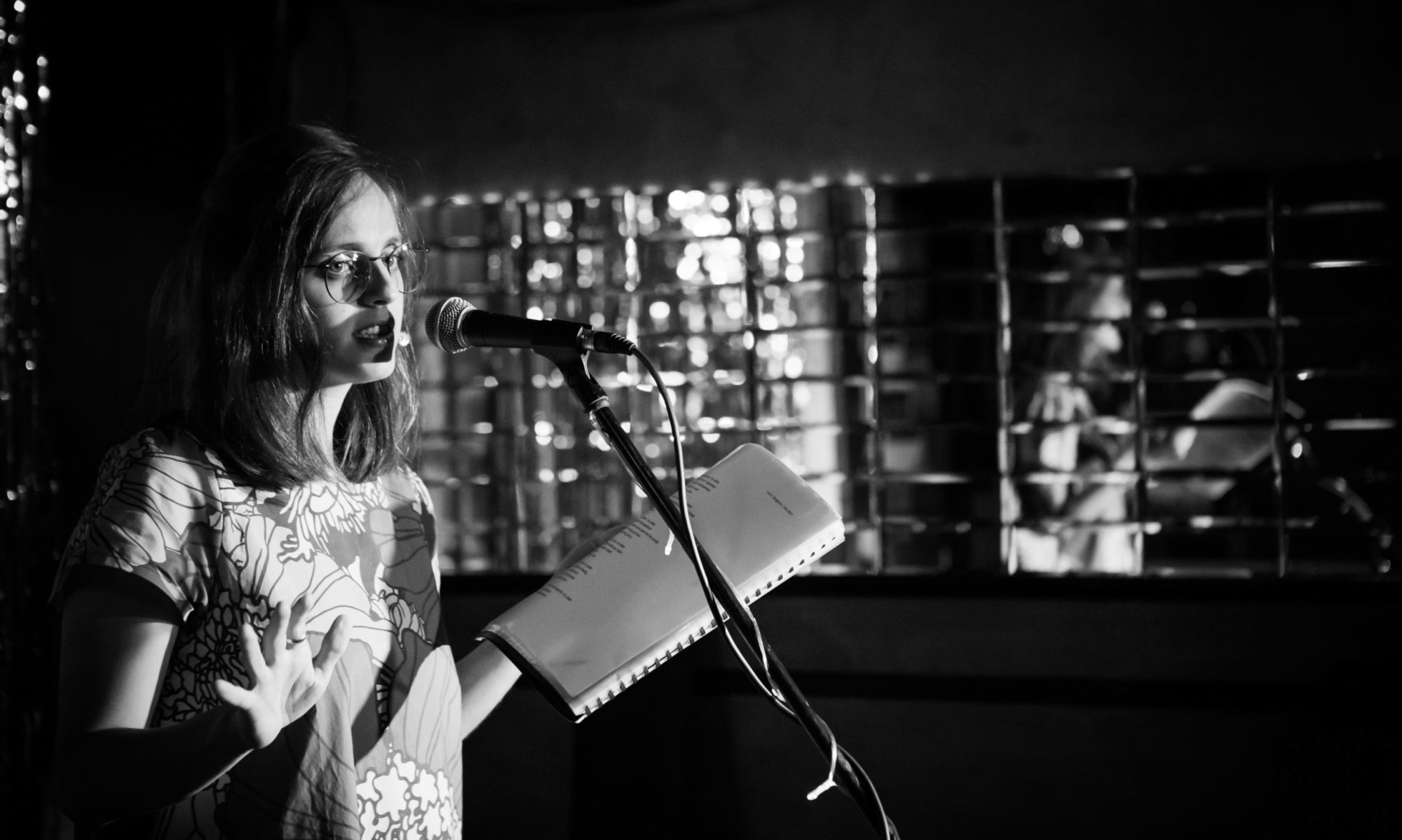CW: COVID anxiety and grief, intergenerational trauma.
It was the death anniversaries of both my grandparents a couple of weeks ago. Here is a letter I wrote to them:
“I want to tell you about what you’re missing right now. You might be here, somehow, somewhere, with us. But I’ll tell you anyway, the way that I see things.
Only a few months ago my mum was planning a trip to Australia. Our little family was enjoying our new routine – feeling on top of our work and life. The delicate balance was somehow maintained. My toddler and I were going on little adventures – a museum, libraries, playdates, train rides. We’d take Chilli for walks and meet our friends. I’d drink coffee and chat to a friend while the toddler was learning about sharing with his little mates. I was going to work, and the toddler was settling into a new daycare. In my little free time I wrote and even performed my poetry. I got a great gig as a feature poet.
Then, in what felt like a spilt second, our world has completely changed. Your experiences in Europe with the Nazis means you’d know how this feels, and much worse.
One day coronavirus was some disease in a far-away land. Another day there were people locked on an island off Australia to prevent it spreading here. Then my mum’s travel agent told her not to book flights, tickets were non-refundable. Worse, you could get quarantined in an unknown location for an indefinite amount of time. A little while later, coronavirus was everywhere. Countries under lockdown, the disease spreading, people dying. I doubted whether I should go to poetry nights. I read an article about social distancing and got worried about daycare.
My in-laws were about to go caravanning, then they weren’t. Lockdown was discussed, and we started feeling more claustrophobic at home. I felt a little ill and the toddler was a bit congested, so we started isolating ourselves. Lockdown was announced by the Government. We sent Chilli away to my in-laws so we can avoid walking around the contaminated streets. My anxiety was so high, I started seeing germs everywhere. Other humans looked like incubators for death traps. My hands started cracking from the washing. Then they bled. We started working from home, taking turns caring for the increasingly irritated toddler. He was watching a lot of television. We’ve contemplated our next move.
The house was packed in a haste, with books, toys, clothes and last few toilet paper rolls. We drove down as the toddler was screaming in the back and I kept passing him the phone. I felt like crying but didn’t have enough space. We haven’t seen anyone but delivery people for weeks. The toddler hasn’t played with another child for a very long time. He asks about his friends and we talk to them, which is often upsetting for him. I also get teary chatting to loved ones – it breaks my heart when he asks for cuddles he cannot have, not knowing when he might be able to. I miss every person in my life I cannot see right now. I grieve the time he is missing away from friends, grandparents and aunties.
I’ve been crying more than usual, my heart aches more than before. Germ anxiety has entered my system. I stopped wearing my rings because they were getting in the way of the hand-washing. I am tired and irritated. Without my usual exercises, my leg and back are sore. Some moments an urge arises to wail under the covers for a really long time. I crave hugs with far-away loved ones, not knowing if and when we’d see them next. On my mind are loved ones who have long left us.
But I am confident we’ll be ok. One of the reasons I know this is because in my blood runs your experiences of the late 1930’s: I know how it feels to walk around fearing you’d be taken and never returned. I know what it’s like to say goodbye to everything that is home, without a choice, because you need to take the best chance of survival. As we debated what to do, I remembered these feelings.
Although sometimes it feels like I’m still running away from Nazis, I also hold the hope of things turning out ok. Although anxiety runs through my veins, so do strength and resilience. Your ability to leave everything behind to save your life, to cross borders and live in fear for years – also lives within my heart. You lived through sixty years of war, sent your children and grandchildren to fight wars you didn’t really believe in. You have taught me to breath through life’s challenges, to keep going, and believe it will be ok, whatever it’d be.
Your smiles and embrace keep me going. My worries of my son’s language dissipates a little when I remember it wasn’t even your preferred language. We will be all right, whatever happens. Most likely it’d be a new life – a new world is upon us. I don’t use the phrase ‘back to normal’, because things are forever changed – they always are.
Just so you know, we are settling into a new routine, and we are extremely lucky. Unlike others in the world, we have clean water, soap, disinfectant, a fantastic health system. We are ok.”
Until next time,
L. K. Bridgford
P. S. If you value or enjoy my posts, why not support me by following me on socials? Links in my previous posts x


